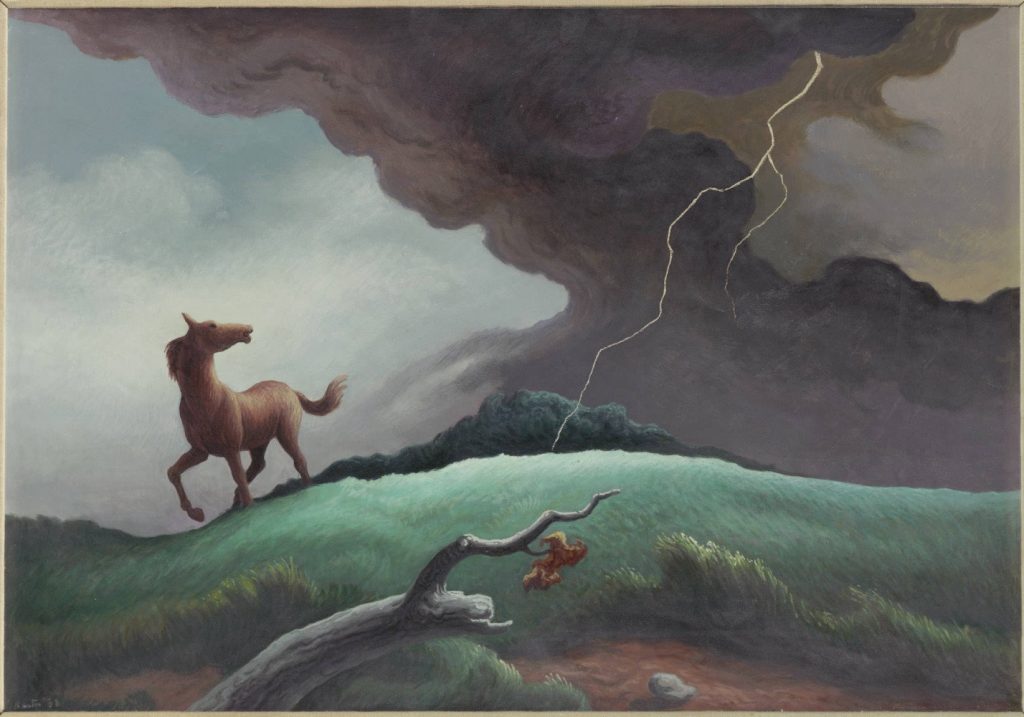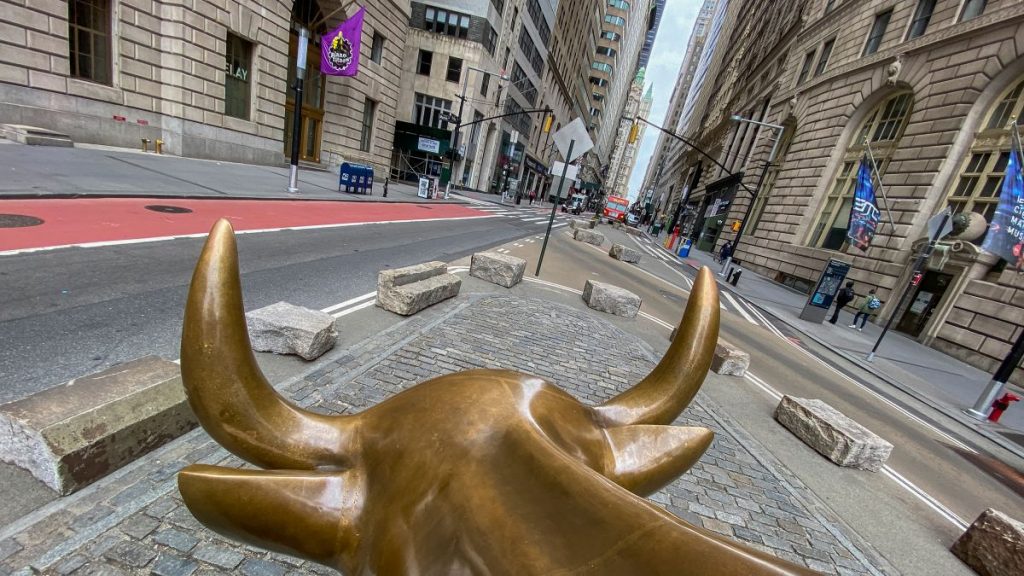
I’m familiar with Slutty Vegan and while not quite a fan – all the yelling, not sure I get that – the concept is solid and the burgers are good. And whatever one may think about the sustainability of meat and particularly the way we ‘farm’ chickens at this point, ‘They pull their little beaks off’ is actually a thing, no matter how you may or may not feel about it. And of course, the practice has far worse ethical issues.
SV founder and CEO Aisha “Pinky” Cole elaborates on her plan to exploit this fact to continue building her business (paywalled):
When you get an order of chicken wings, how many chickens is that? Two and a half? Two? What? And how old are they? Are these babies? Are they middle-aged? Are they wealthy? Are they poor? I wanna know: Where are these chickens coming from? And how are y’all able to produce so much, so fast?
I stopped eating meat altogether in 2007. I got food poisoning after I went to a restaurant. I had a chicken sandwich, and I got super sick. I was like, “That’s it. I’m not eating no more meat.” A little shy of 10 years ago, I went cold turkey and never turned back. When I went vegan, I had a restaurant that sold meat. I was selling oxtails and jerk chicken. But I wasn’t in alignment because I didn’t eat it. So why was I selling it?
Veganism is closely associated to climate change and how it’s important to save the animals and make sure that you’re doing the right things so that animals can sustain. I started really researching those things and I’m like, “Oh, I have to use my voice a little bit differently.”
Fake burgers as lifestyle brand, y’all.
Do try to keep up.
More on SV here.
Image: Not a burger (Beef Wellington, actually), but I bet she’s working on it. via wiki commons



